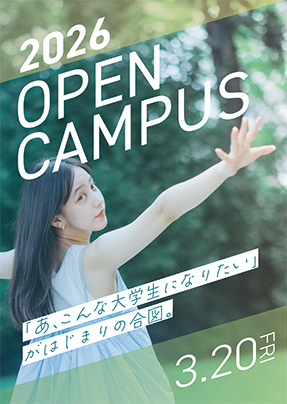Associate Professor
Hiroshi Morishita

Profile
| Specialized Field | Popular Culture Studies |
|---|---|
| Research theme |
|
| Subjects in charge | Invitation to International Japanese Studies, Readings from Outside the Field of Human Studies (English), Subculture Theory, Readings from Outside the Field of Human Studies (English), Introduction to Expression and Culture Theory, etc. |
| Main career, work history, and academic background | Nara Prefecture |
| Affiliated academic societies and organizations | Japan Society for the Study of Comics and Manga, Japan Modern Literature Association, Japan Society for Children's Literature |
| Main Papers and Publications | "Reading Postwar Popular Culture from the Perspective of Monsters" (Seikyusha, 2016) |
| Specialized Field | Popular Culture Studies |
|---|---|
| Research theme | ・The formation of special effects films and the science fiction genre in postwar Japan |
| research content | As you know, after the war Japan developed various popular cultures such as manga and anime. However, this was not decided from the beginning. There were different paths that could have been taken, and they may have been lost when the current form of development was adopted. My research focuses on the ways in which popular culture was expressed and received, and questions the process by which it came to be organized as it is today. |
| Research and Education Policy | In today's uncertain times, we all need to be able to determine the value of things for ourselves and decide our own attitudes and actions. Unless each of us considers what is best for the things around us and chooses how to act from our own perspective, the world as a whole will not improve. I am conducting my own research with the hope that analyzing popular culture, a culture and phenomenon that is close to everyone, will help everyone reflect on their surroundings. |
| Degrees Obtained | Ph.D. (Literature), Graduate School Graduate School of Letters, Kyoto University |
| Message | This relates to what I wrote in the "Research and Education Policy," but it doesn't matter what the topic of your research is. The act of seriously conducting research will be a benefit to you. Don't be afraid or intimidated, just tackle something that you can say you "want to do" responsibly. Our faculty members are here to help you with that. |


